The Best Companion Plants For Blueberries
Title: The Best Companion Plants for Blueberries
Introduction:
Blueberries are a delicious and nutritious fruit that can be grown in many different climates. However, blueberries have specific soil and environmental requirements that must be met in order for them to thrive. One way to ensure that your blueberry bushes are getting the nutrients and conditions they need is to plant companion plants nearby. Companion planting is the practice of planting different types of plants together in order to benefit each other. Some companion plants can help to improve the soil quality, attract beneficial insects, or deter pests.
Main Content:
There are many different companion plants that can be grown with blueberries. Some of the best include:
- Azaleas and rhododendrons: These plants, like blueberries, prefer acidic soil and full sun. They can also help to attract pollinators to your blueberry bushes.
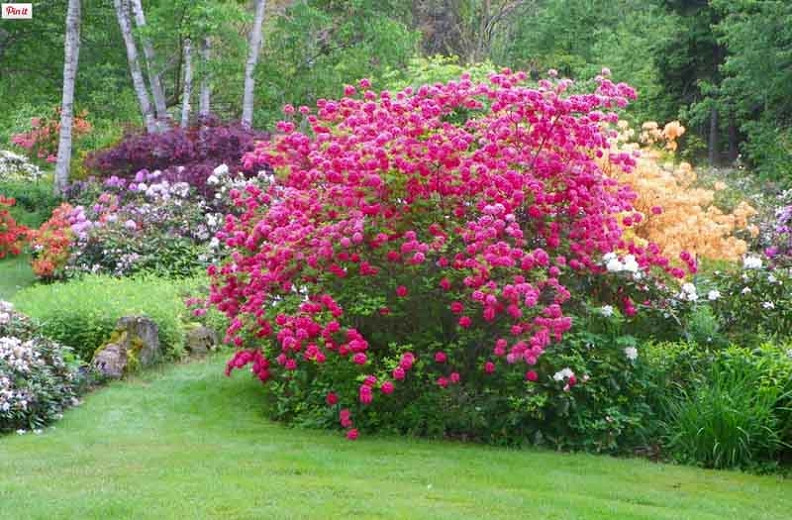
- Strawberries: Strawberries and blueberries have similar soil requirements and can be planted together in a bed or row. They can also help to suppress weeds and improve the drainage around the blueberry bushes.

- Clover: Clover is a nitrogen-fixing plant, which means that it can help to improve the nitrogen content of the soil around your blueberry bushes. Clover can also help to suppress weeds and attract beneficial insects.
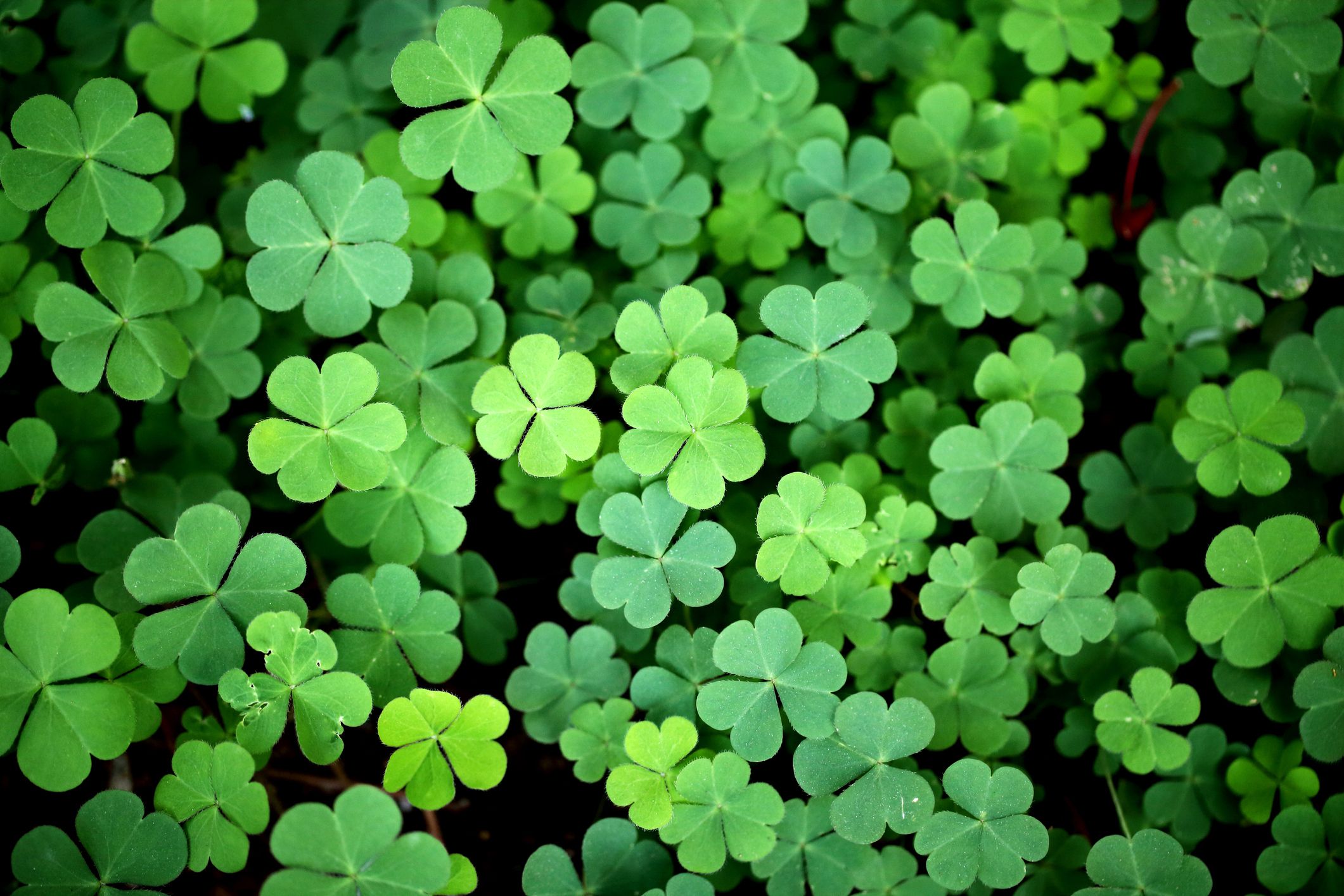
- Herbs: Herbs like thyme, basil, and mint can help to deter pests from your blueberry bushes. They can also add a touch of beauty and fragrance to your garden.
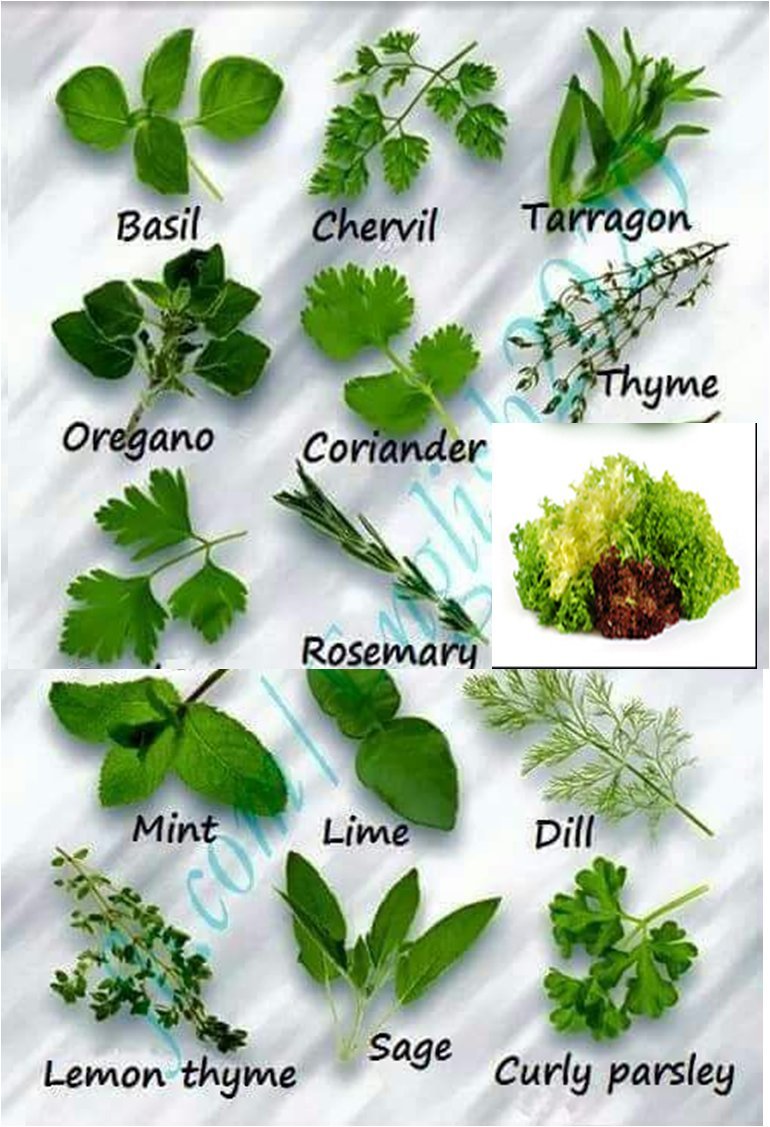
- Evergreens: Evergreens like spruce, pine, and fir can help to provide shade and shelter for your blueberry bushes during hot weather. They can also help to attract beneficial insects and deter pests.

Conclusion:
By planting companion plants with your blueberries, you can help to ensure that they are getting the nutrients and conditions they need to thrive. Companion planting can also help to improve the appearance of your garden and attract beneficial insects.
There are many companion plants that can be beneficial to blueberries. Some of the best include strawberries, clover, legumes, oak, pine, and wildflowers. These plants can help to improve the soil quality, attract beneficial insects, and deter pests. They can also help to shade the blueberry bushes from the hot sun, which can help to prevent the berries from becoming sunburned.
If you are looking for more information about companion plants for blueberries, you can visit Home Gardening. This website has a comprehensive list of companion plants, as well as information on how to plant and care for blueberries.
FAQ of companion plants with blueberries
- What are some good companion plants for blueberries?
Some good companion plants for blueberries include:
* Strawberries: Both blueberries and strawberries prefer acidic soil, so they can help to improve the pH balance of the soil. They also attract pollinators, which can help to increase the fruit production of both plants.
* Cranberries: Cranberries are another acid-loving plant that can benefit from being planted near blueberries. They also help to suppress weeds and diseases.
* Heather: Heather is a low-growing shrub that blooms in the spring and attracts pollinators. It can help to fill in the spaces between blueberry bushes and provide groundcover.
* Thyme: Thyme is a herb that repels pests and attracts beneficial insects. It can be planted around the base of blueberry bushes to help protect them from pests and diseases.
* Basil: Basil is another herb that repels pests and attracts beneficial insects. It can also help to improve the flavor of blueberries.
- What plants should I avoid planting near blueberries?
Some plants that you should avoid planting near blueberries include:
* Tomatoes: Tomatoes are a nitrogen-fixing plant, which can compete with blueberries for nutrients.
* Asparagus: Asparagus is also a nitrogen-fixing plant and can have a negative impact on the growth of blueberries.
* Eggplants: Eggplants can attract pests that can also damage blueberries.
* Cabbage: Cabbage can be susceptible to the same diseases as blueberries, so planting them near each other can increase the risk of infection.
* Beans: Beans can compete with blueberries for water and nutrients.
- What are the benefits of companion planting with blueberries?
There are several benefits to companion planting with blueberries, including:
* Improved pollination: Companion plants can attract pollinators, which can help to increase the fruit production of blueberries.
* Suppression of pests and diseases: Some companion plants can repel pests and diseases, which can help to protect blueberries from damage.
* Improved soil quality: Some companion plants can help to improve the soil quality, which can benefit the growth of blueberries.
* Increased biodiversity: Companion planting can help to increase the biodiversity of a garden, which can make it more attractive to wildlife.
- How far apart should I plant blueberry companion plants?
The distance between blueberry companion plants will vary depending on the size of the plants. In general, you should plant companion plants at least 2 feet away from blueberry bushes. This will give the plants enough space to grow and thrive.
- When should I plant blueberry companion plants?
You can plant blueberry companion plants in the spring or fall. If you are planting in the spring, make sure to do it before the blueberry bushes start to bloom. If you are planting in the fall, make sure to do it before the ground freezes.
- How do I care for blueberry companion plants?
The care requirements for blueberry companion plants will vary depending on the type of plant. However, most companion plants will need regular watering, sunlight, and fertilizer. You should also remove any dead or diseased leaves or stems from companion plants as needed.
Image of companion plants with blueberries
- Astilbe: This perennial plant helps to suppress weeds and improve the drainage around blueberries.
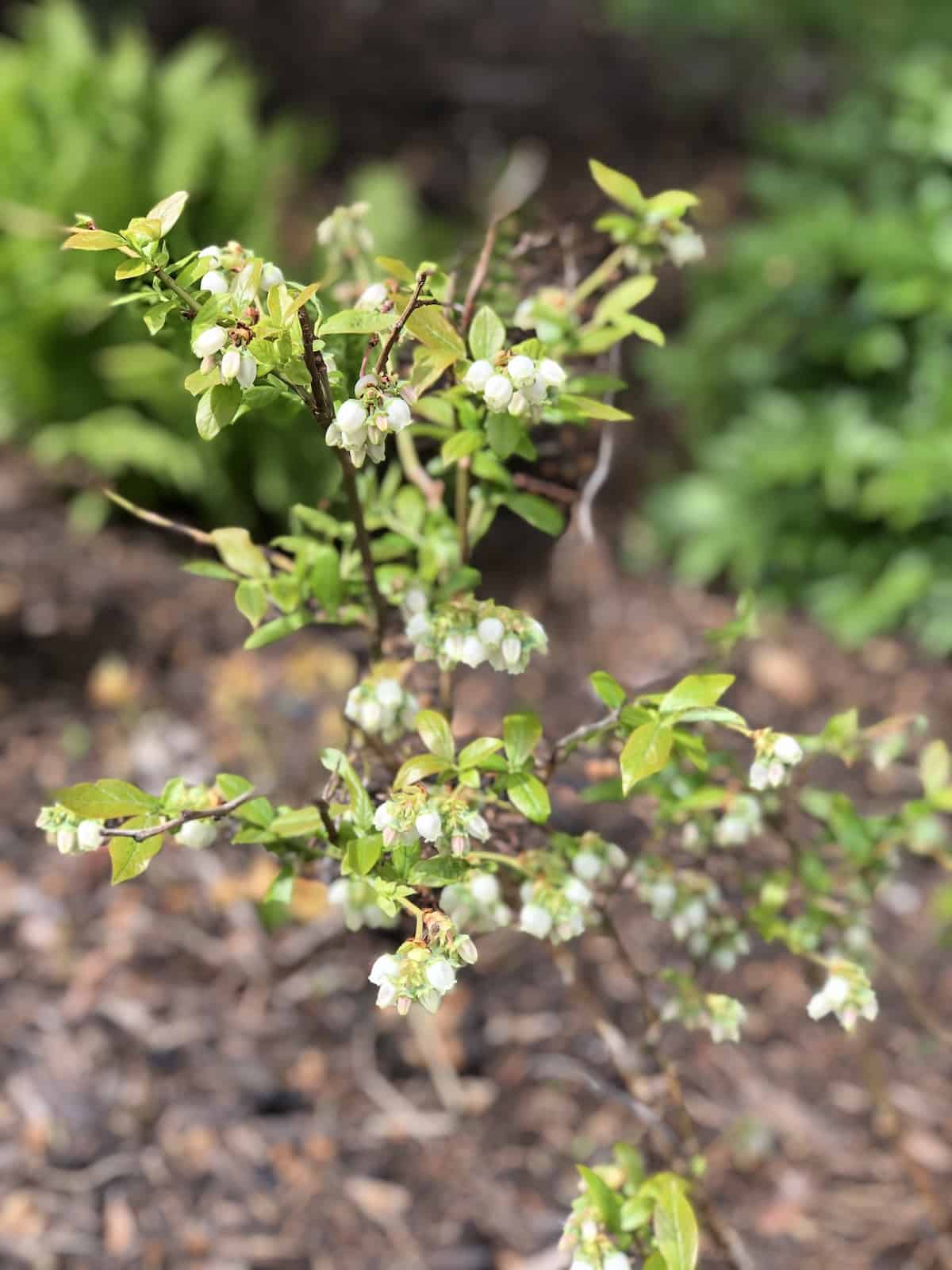
- Bee Balm: This flowering plant attracts pollinators, which help to pollinate blueberries.

- Coneflower: This daisy-like flower attracts pollinators and helps to deter pests.
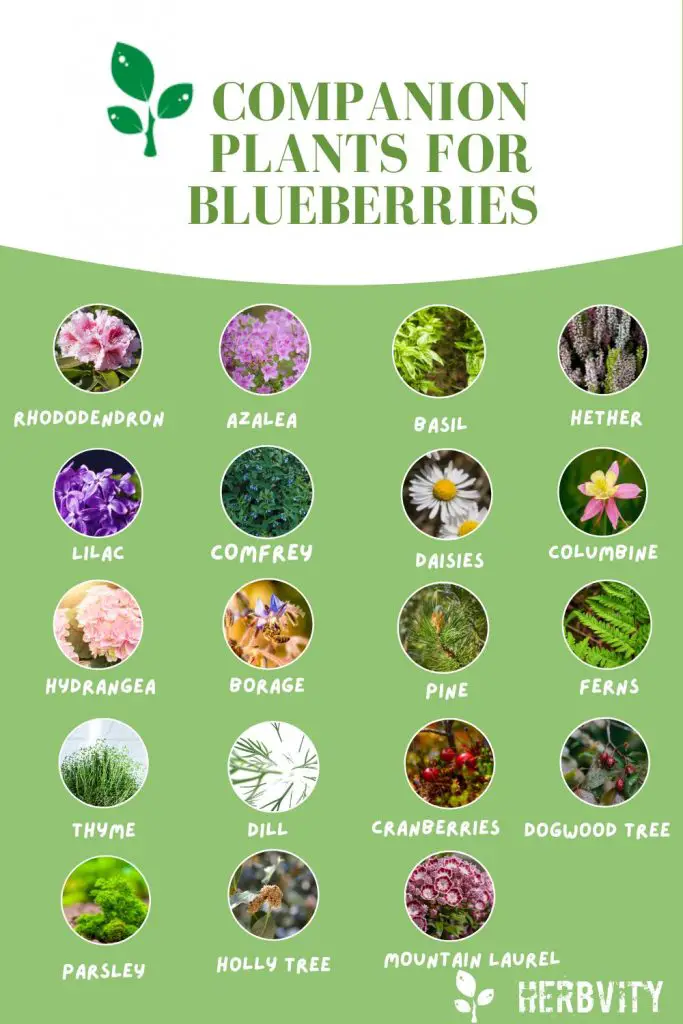
- Echinacea: This flowering plant attracts pollinators and helps to deter pests.
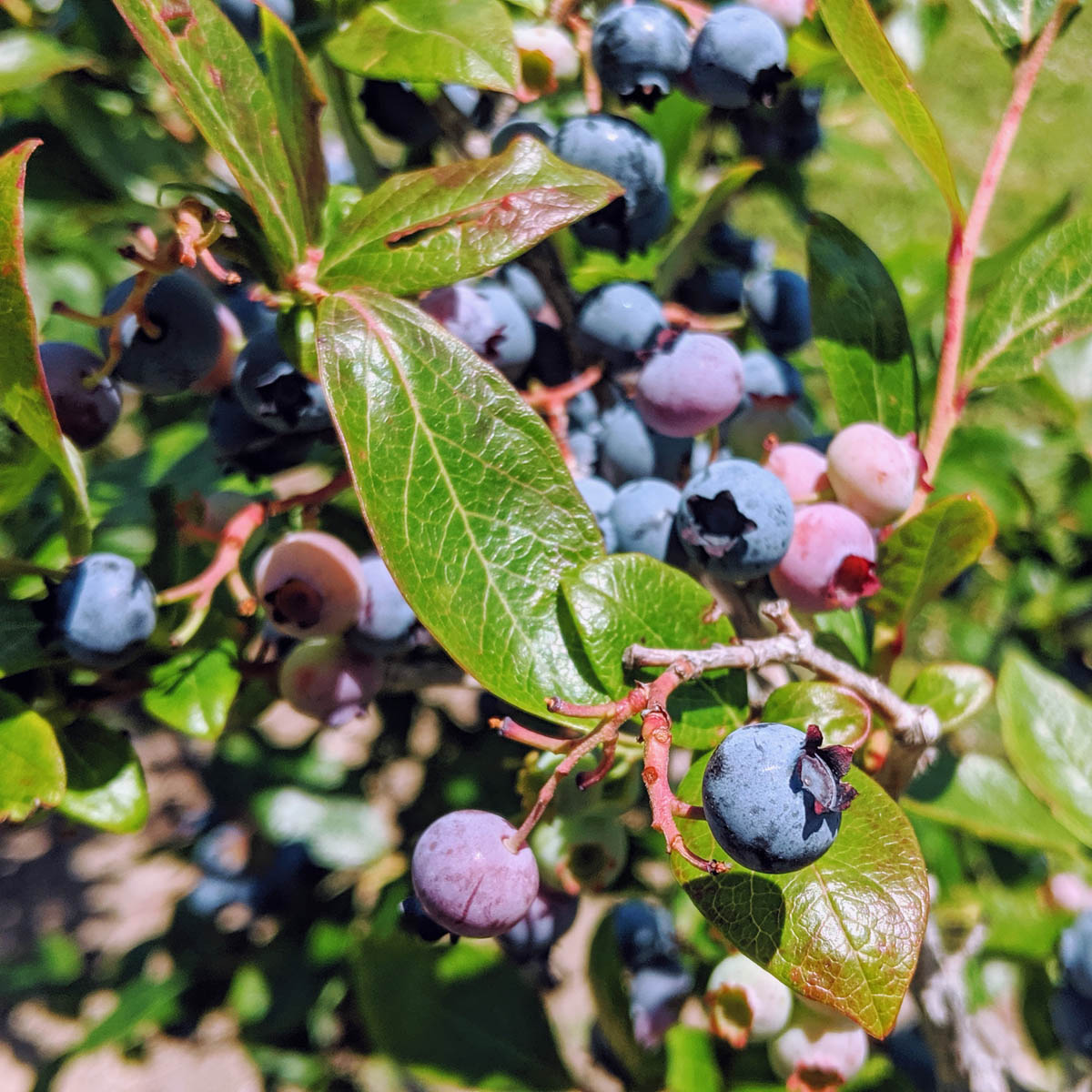
- Garlic: This herb helps to repel pests and diseases.

- Hyssop: This herb helps to attract pollinators and repel pests.

- Lavender: This herb helps to repel pests and attract pollinators.

- Marigolds: These flowers help to repel pests and attract pollinators.
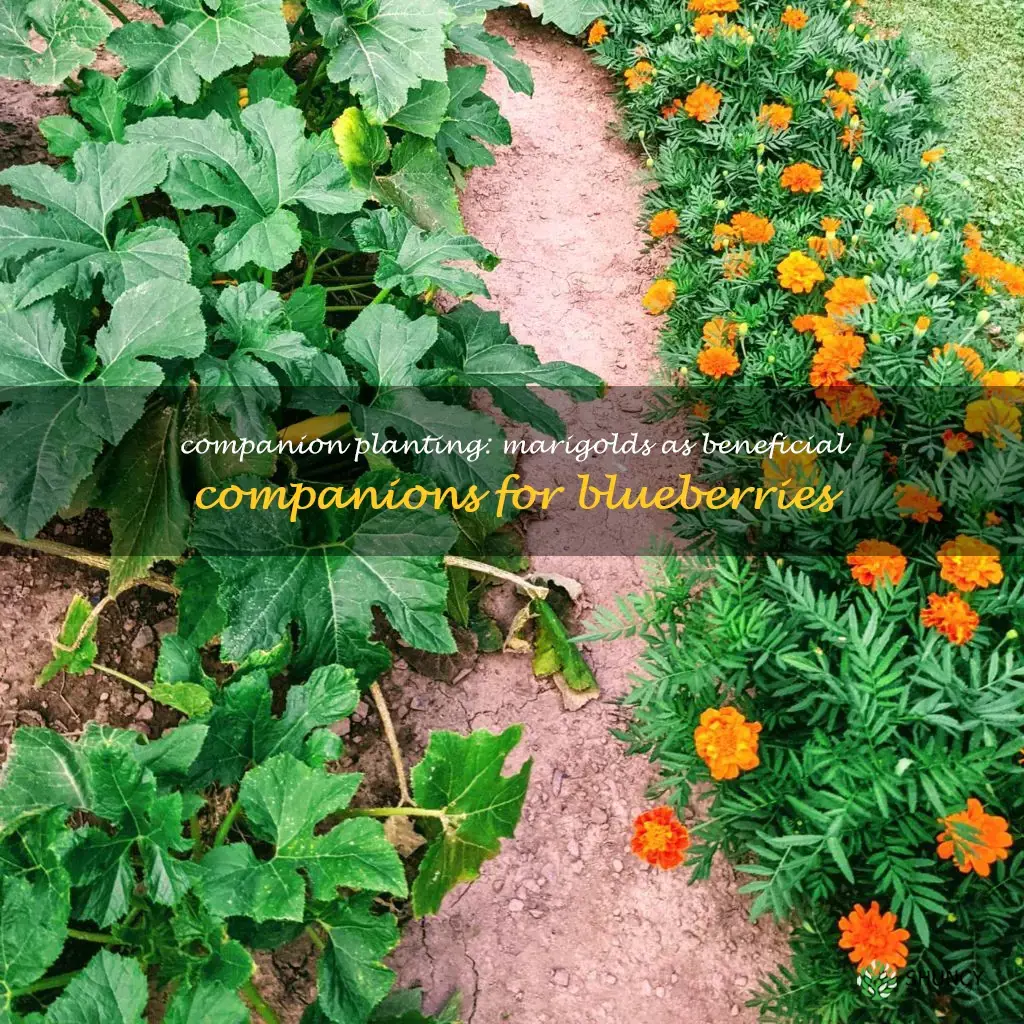
- Nettle: This herb helps to improve the soil around blueberries and attract pollinators.
- Yarrow: This flowering plant helps to attract pollinators and repel pests.
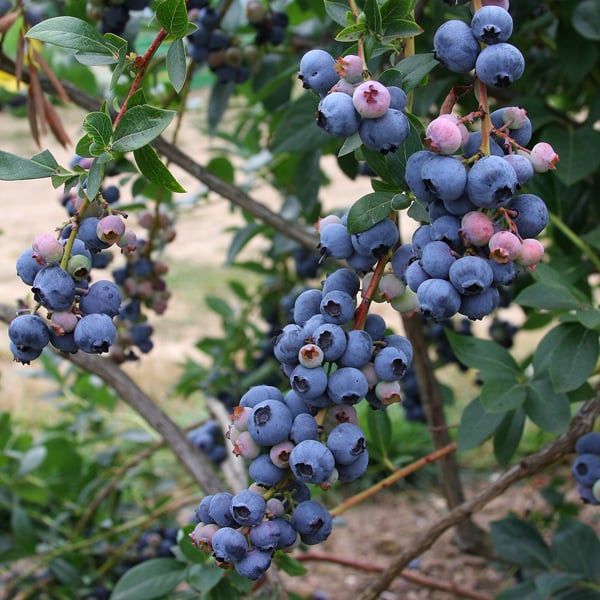
Post a Comment for "The Best Companion Plants For Blueberries"